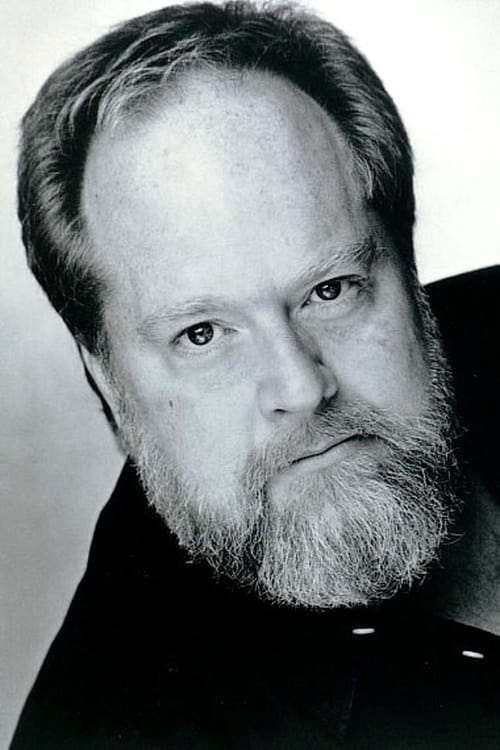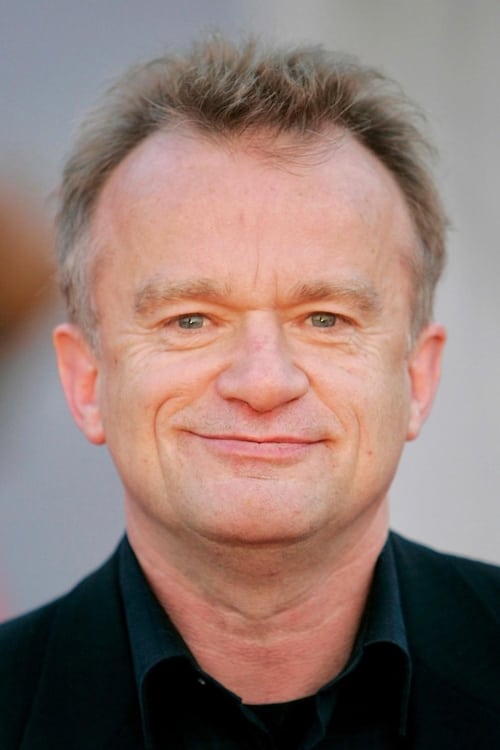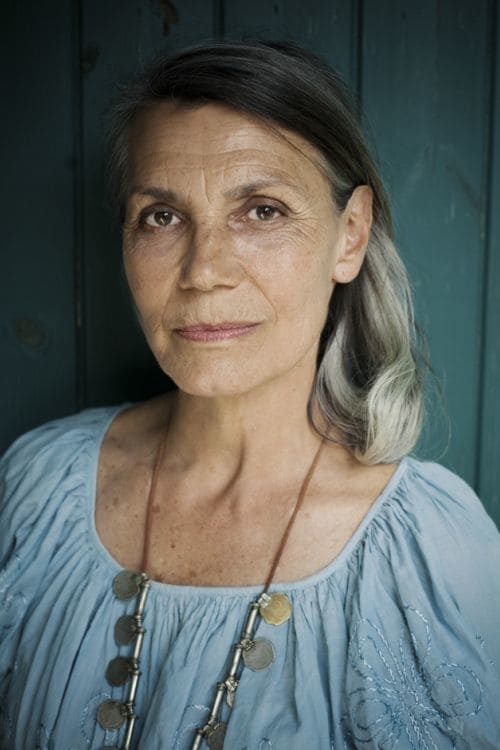Zina (1985)
Genre : Drama
Runtime : 1H 32M
Director : Ken McMullen
Synopsis
Zina, the daughter of Leon Trotsky by his first wife, is undergoing freudian analysis in Berlin in the 'thirties. Meanwhile Trotsky is in exile in Prinkipo having been driven from power by Stalin. The Nazis rise to power in Germany and Austria and Zina commits suicide.
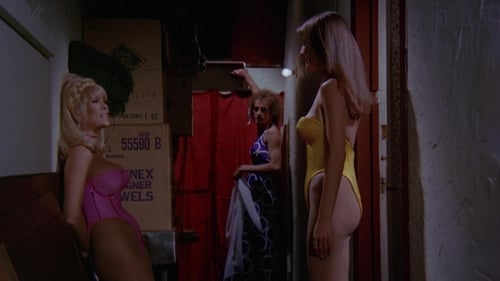
A cop goes after a psycho who is killing cocktail waitresses.
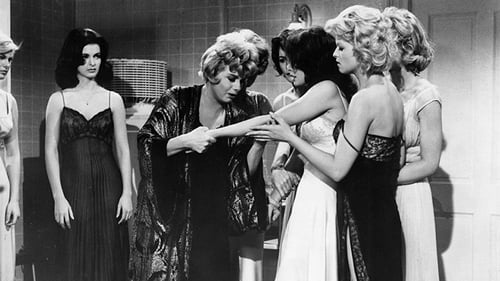
Story follows the life of Polly Adler, who grew to become one of New York's most successful bordello madams of the 1920s.

Explores the sensuous rhythms and movements of the dance style known as the rumba, as demonstrated by the celebrated Havana rumbero Papá Montero. Blending vintage documentary footage with meticulously staged recreations, the dancer's tragic assassination at Carnival is connected with the passing of a cultural era in Cuban life.

New mother Molly (Eléonore Hendricks) is overcome with the need to run away. Feeling abandoned by her husband and unable to connect with her infant son, she takes up an invitation from her old high school group of guy friends to go on a weekend trip to the mountains. Without the pressure of daily responsibilities and with the help of psychoactive mushrooms, Molly comes out of her shell and is ready to accept the beauty and love that can be found in nature. When Molly's “trip” turns into a dark out-of-body experience she is forced to choose between the person she was and the person she's become.
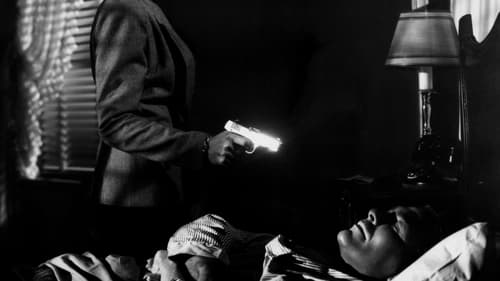
A former GI gets his old job back working for a bookie after returning from serving in the military. Unfortunately, he loses the $20,000 he was supposed to deliver to gambling and a con artist. His attempts to get the money back leads to bigger problems including a murder plot.
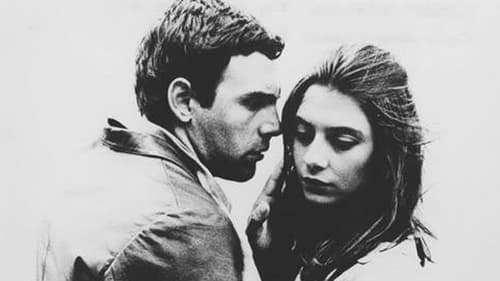
The frustrations felt by certain middle class youth in Argentina, under the presidency of Arturo Frondizi during the sixties.
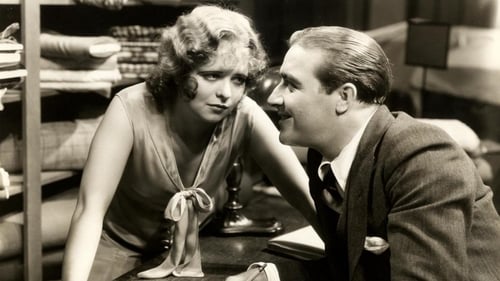
Mayme and sister Janie are salesgirls in Ginsberg's Department Store. Mayme is in love with store clerk Bill, but Janie tries to steal him from her. Hazel, another salesgirl, is Jean Harlow's first credited role.

An essay-film on language and theater, on human communication - intellectual in content, but purely poetic in terms of form: image, sound, language, cinema. Stagefright, with the exception of one shot, was all filmed in a small puppet theater space, actors against black.

A young lawyer is elected mayor of the city and promises to rid it of the corruption it's famous for. The problem is that most of the corruption he's vowed to eliminate is caused by the crooked political machine that helped elect him.
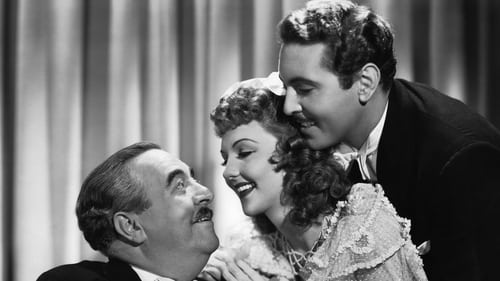
In his last film assignment, portly Walter Connolly fills the title role (in more ways than one) in The Great Victor Herbert. Very little of Herbert's life story is incorporated in the screenplay (a closing title actually apologizes for the film's paucity of cold hard facts); instead, the writers allow the famed composer's works to speak for themselves. In the tradition of one of his own operettas, Herbert spends most of his time patching up the shaky marriage between tenor John Ramsey (Allan Jones) and Louise Hall (Mary Martin). Many of Herbert's most famous compositions are well in evidence, including "Ah! Sweet Mystery of Life", "March of the Toys" and "Kiss Me Again", the latter performed con brio by teenaged coloratura Susanna Foster. Evidently, the producers were able to secure the film rights for the Herbert songs, but not for the stage productions in which they appeared, which may explain such bizarre interpolations as having a song from Naughty Marietta.
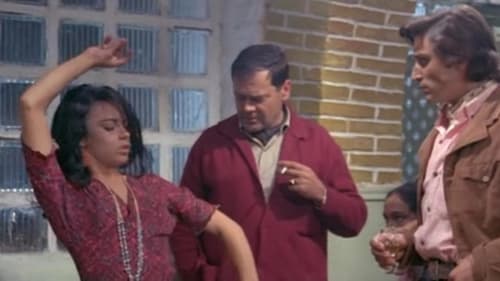
This tragic drama is based on the ballet by famed composer Manuel De Falla. A young woman is caught between the violent struggle of two rival suitors who love her passionately. Candelas (La Polaca) is pursued by kind-hearted Antonio (Antonio Gades) and the evil diablo Diego (Rafael Cordova). Lucia (Morucha) is the cryptic gypsy fortune teller, with Fernando Sanchez Polack as Caldelas' beloved father.

Presented as an inquiry into the ways of lust, this film is staged as a documentary. It moves from rural prostitution (the roadhouse) to pornographers, then on to streetwalkers, male hustlers, and high-class call girls. The madam runs the bordello, she depends on the photographer to supply her with pornography; he's in the city, using his camera to lead him into depravity. The streetwalkers risk arrest from the cops and abuse from the johns. Even the call girls have a tough time: from their expenses to their lack of self-reflection. Their motto: "Live fast, die young, and make a beautiful corpse."

A sleepwalker decides to paint the town red. In the search of the wild painter, a young night watchman delivers some monologue.

Polish director Krzysztof Zanussi once more explores the dilemma of intellectualism at the expense of humanity in 1982's Imperative. The story concerns math professor Robert Powell, who feels that there is something lacking in his ever-so-precise life. What is missing is truth, specifically philosophical truth. Thus he philosophizes at great length, allowing director Zanussi plenty of room for didactic but little room for warmth. Leading ladies Brigette Fossey and Leslie Caron occasionally melt through the cold logic of Imperative.
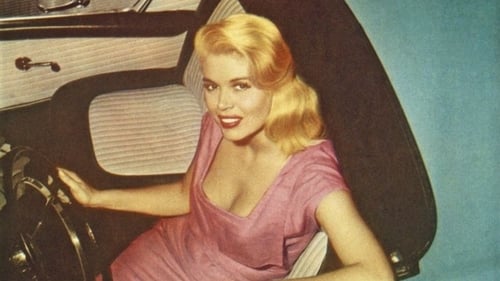
Rising young male movie star, bizarrely preoccupied with death and involved with his older-woman dramatic coach, meets an innocent sweet-young-thing.

Interview with film director Jacques Tourneur which first appeared on the French television series "Ciné regards".
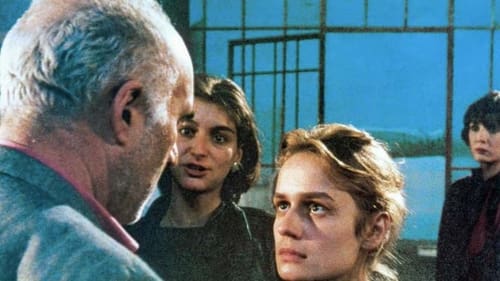
Pierre is the artistic director of a theater, and when his daughter Manon lets him know that she is coming to see him after a year's absence, Pierre decides to prepare for the meeting. He goes to the theater with his girlfriend Ariane and has the actresses in his troupe act out different aspects of his daughter's character. Unfortunately, this is not adequate preparation, for when Manon does show up, nothing goes quite as he imagined...
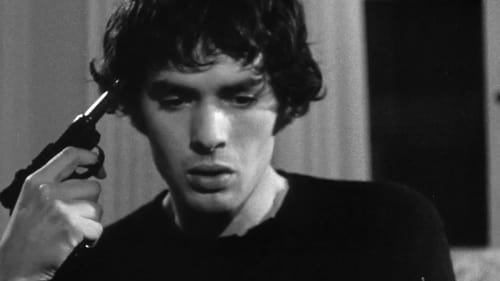
A stripped-down account of a young man's existential reckoning. "As dust hides a mirror, lust hides the self," reads one of the film's Vedanta-sourced intertitles. And indeed, while the Pierre Clementi protagonist's inner life remains obscure, the Saint-Germain-des-Pres neighborhood that offers his temptations appears in harrowing detail.
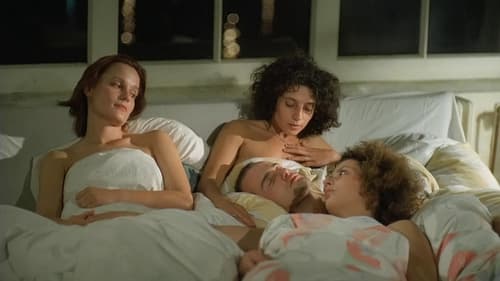
The obscure philosopher Georg Hermes almost withdrew from the world to concentrate on his studies, especially Heraclitus, having no relationship since his mother's death. When he wants a new suit for a lecture (actually very minor) about his new book, he meets the sisters Franziska, Breate and Marthe, who run a boutique, share a house and have a lover each. Those invite Georg to dinner, Franziska even on dates. Falling off a boat he gets naked with her, and they become lovers. The girls all take to Hermes and get him to move in, spoiled by all and offered polygamy.

This short doc is about changes occurring in Yugoslav rural life as it begins to reap the benefits of motorization, e.g. delivering fruits and veggies to market by automobile, but with a bitter theme: progress is set against horses sent to the slaughter as the car becomes the new domestic animal replacing the animals that had hitherto worked for man.






